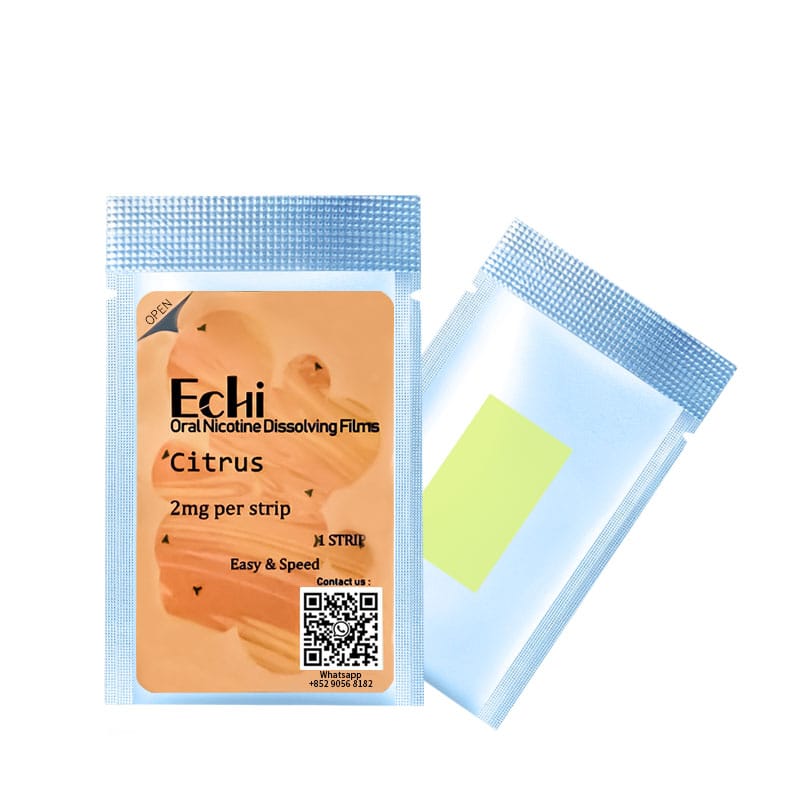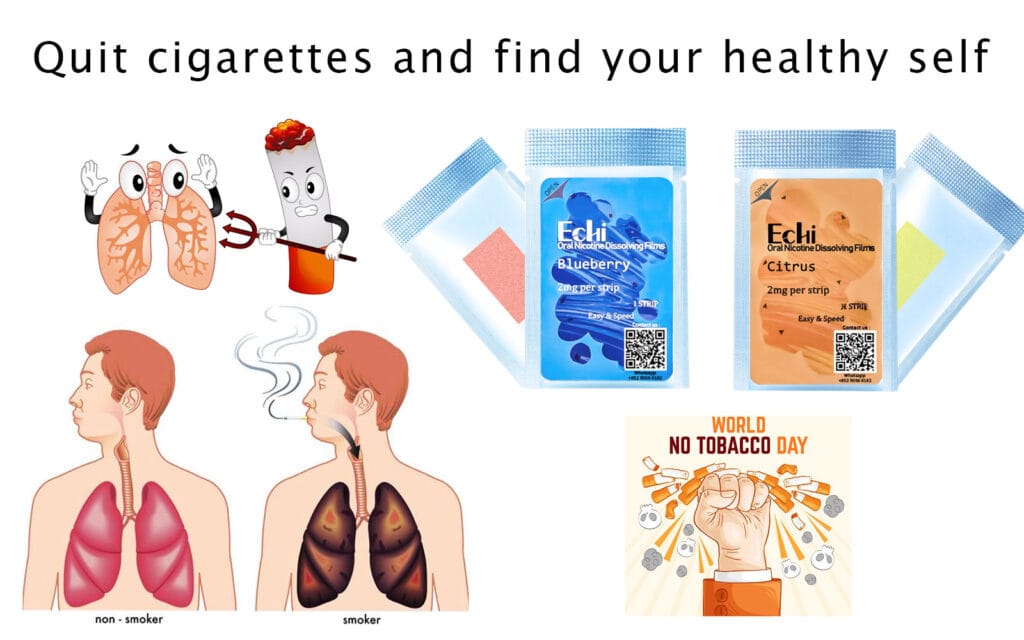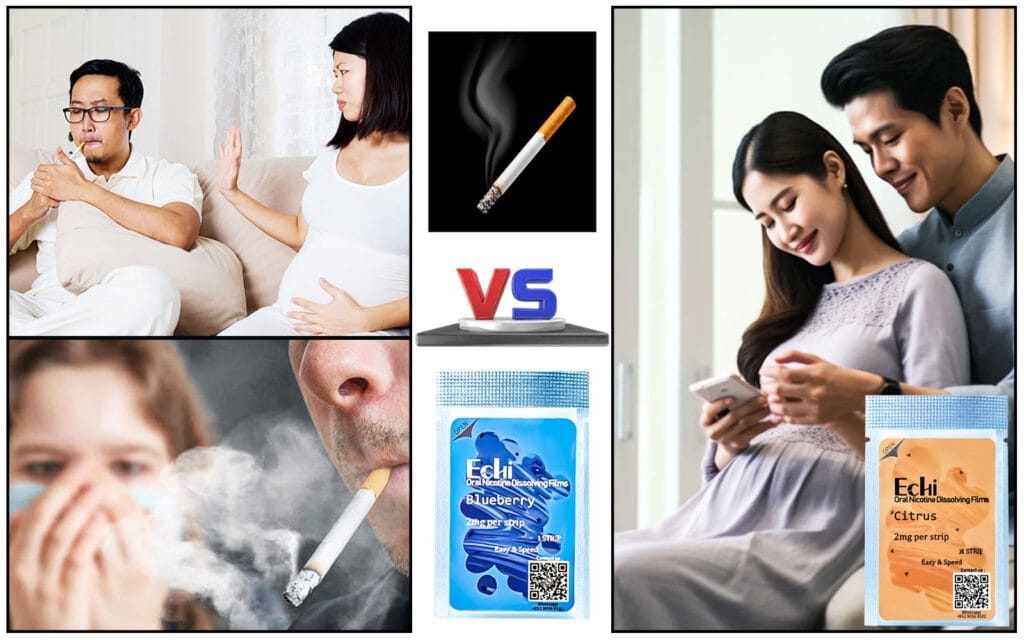Table of Contents
Nicotine tests are becoming increasingly common as employers, insurance providers, and healthcare professionals seek to determine nicotine use for various reasons. These tests can detect recent nicotine use and often come as a surprise to users. Among the various nicotine tests, saliva tests are popular due to their accuracy, ease of use, and rapid results. If you’re facing a nicotine saliva test and want to understand how to pass it, this guide will provide all the information you need, including detox tips, detection times, and the science behind the test.
Understanding Nicotine Saliva Tests
A nicotine saliva test is designed to detect the presence of nicotine or its metabolites (byproducts produced when nicotine is processed in the body), such as cotinine. These tests can detect both direct nicotine use and indirect exposure through secondhand smoke.
Key points to know about nicotine saliva tests:
- Detection window: Nicotine can be detected in saliva for up to 48 hours after use, though cotinine can extend this period up to 4 days for heavy users.
- Sensitivity: Saliva tests are sensitive to even low levels of nicotine, making them a reliable indicator of recent use.
- Processing time: Results are typically available within minutes to hours, depending on the testing method.
Factors That Influence Nicotine Detection in Saliva
Several factors affect how long nicotine stays detectable in saliva, including:
- Frequency of Use: Occasional users may clear nicotine more quickly, while frequent users will retain nicotine longer.
- Metabolism: Those with faster metabolisms may process nicotine and cotinine more rapidly.
- Type of Product: Higher concentrations of nicotine (like in cigarettes, e-liquids, or nicotine salts) may stay longer in the system compared to lower-dose products.
- Hydration and Diet: Drinking plenty of water and consuming certain foods can aid in flushing nicotine out of the system faster.
Strategies to Pass a Nicotine Saliva Test
Passing a nicotine saliva test involves reducing nicotine and cotinine levels in your saliva before the test. Here are some effective strategies:
1. Stop Using Nicotine as Soon as Possible
The most reliable way to pass a saliva test is to stop using nicotine products immediately. Saliva tests typically detect nicotine for up to 48 hours after use, so even a couple of days without nicotine could make a difference.
2. Hydrate Thoroughly
Drinking water consistently can help dilute the concentration of nicotine and its metabolites in your saliva. Hydration promotes saliva production and helps flush out toxins. Aim for at least 8-10 glasses of water daily, and consider additional fluids like herbal teas or detox drinks for extra support.
3. Use a Detox Mouthwash
Detox mouthwashes are formulated to neutralize traces of nicotine and other substances in the mouth. Look for detox mouthwashes specifically marketed for passing saliva drug tests, and follow the instructions carefully. Typically, you’ll rinse with the mouthwash for 2-3 minutes just before the test for optimal effectiveness.
4. Consume Antioxidant-Rich Foods
Certain foods are known to aid the detoxification process. Foods high in antioxidants, such as fruits (berries, oranges, lemons) and leafy greens, may help speed up nicotine clearance by supporting liver function and overall metabolic processes. Incorporate these into your diet leading up to the test.
5. Brush and Rinse Your Mouth Frequently
Maintaining good oral hygiene can help reduce nicotine residues in the mouth. Here’s a suggested routine:
- Brush your teeth, tongue, and gums thoroughly several times a day.
- Use a tongue scraper to remove any nicotine or food particles that might linger.
- Rinse with a non-alcoholic mouthwash regularly to remove residual nicotine.
6. Avoid Foods and Drinks That May Affect Saliva Tests
Some foods and beverages may increase acidity in the mouth, potentially slowing down nicotine metabolism. Avoid these items before the test:
- Acidic drinks: Like coffee, soda, and citrus juices.
- Spicy foods: Can interfere with oral pH levels, potentially affecting the test’s accuracy.
7. Chew Sugar-Free Gum or Mints
Chewing gum can stimulate saliva production, potentially diluting nicotine concentration in the mouth. Choose sugar-free gum or mints to avoid any added sugars that could affect oral health or pH.
8. Consider Nicotine Detox Products
Some detox products are designed to support the body’s natural cleansing processes and may help reduce nicotine levels. These may come in the form of capsules, powders, or teas. However, consult with a healthcare professional before using any detox supplement.
How Long Does Nicotine Stay Detectable in Saliva?
Understanding nicotine’s detection window can help you plan effectively. Here’s a general timeline based on usage frequency:
- Occasional Users: Up to 48 hours after last use.
- Regular Users: Up to 72 hours, or potentially up to 4 days for heavy, long-term users.
The timeline can vary based on metabolism, hydration levels, and other personal factors. If you’re unsure how long nicotine may stay in your system, consider consulting a healthcare professional.
Risks of Trying to Cheat a Nicotine Test
Attempting to cheat a nicotine test can carry risks, especially if done in the context of employment or insurance evaluations. Test administrators are often trained to detect potential manipulation attempts, and getting caught may have consequences. Instead, following safe detox practices and understanding detection windows is the best approach to reduce nicotine levels.
FAQs
1. Can you pass a nicotine saliva test in 24 hours?
For occasional users, it might be possible to pass a saliva test within 24 hours if you stop using nicotine immediately and follow detox methods like hydration and mouthwash. However, for regular users, nicotine can linger longer, making 24 hours an unreliable time frame for detox.
2. Are there any foods that can help pass a nicotine test?
Yes, antioxidant-rich foods like berries, citrus fruits, and leafy greens may support the body’s detox processes. Additionally, drinking plenty of water and consuming green tea can promote toxin elimination.
3. Do nicotine-free vapes show up on a saliva test?
Nicotine-free vapes do not contain nicotine, so they will not result in a positive test for nicotine or its metabolites. However, ensure that the vape is entirely free from nicotine and hasn’t been used to carry nicotine e-liquids previously.
4. Can mouthwash help you pass a nicotine saliva test?
Yes, certain detox mouthwashes are designed to temporarily mask or neutralize nicotine in the saliva. Use them shortly before the test for the best results, and follow the product’s specific instructions.
5. Where can I purchase detox products for nicotine tests?
You can purchase detox mouthwashes and other detox products online or at drugstores. If you’re interested in nicotine-free alternatives or products to support your transition away from nicotine, check out the selection available at SnuffMint’s online shop.
Conclusion
Preparing for a nicotine saliva test doesn’t have to be stressful if you understand the detection process and take proactive steps to reduce nicotine levels. By stopping nicotine use, staying hydrated, maintaining good oral hygiene, and using trusted detox methods, you can increase your chances of passing. Remember, nicotine testing protocols can vary, so practicing safe detox methods is essential.
For those looking for high-quality nicotine alternatives or assistance in reducing nicotine use, be sure to visit SnuffMint’s online shop to explore a range of products designed to meet diverse nicotine needs.







